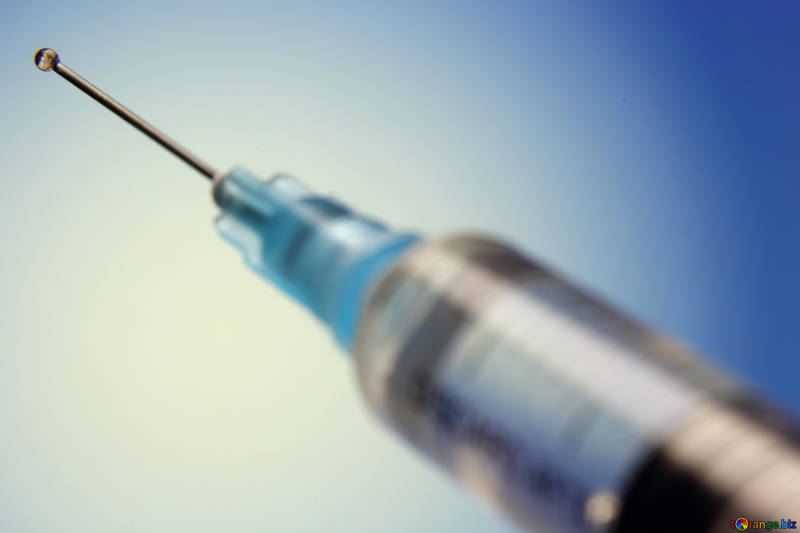How is the race for Covid vaccines going

Monitoring the vaccine rush of biotech companies, by Evan McCulloch and Wendy Lam of Franklin Equity Group
After the promising results of the first analysis of a vaccine against COVID-19 by two US and German pharmaceutical companies, Evan McCulloch and Wendy Lam, Franklin Equity Group, are optimistic about the possible availability under certain conditions of a vaccine in the United States already at the end of this year. However, they explain why they see problems in manufacturing and distribution that threaten large-scale vaccine adoption and the world economy.
We have arrived in November, and the COVID-19 pandemic continues to spread around the world. While we now have more effective drugs to treat patients, and social distancing, as well as face masks, have proven to be useful measures to lower the rate of infections, they alone will not be enough to end the pandemic. In our opinion, the best solution to prevent contagions and help the world's population obtain herd immunity with the greatest possible safety is an effective and safe vaccine.
Considering the importance of a COVID-19 vaccine, it's not surprising that many biopharmaceutical companies around the world have mobilized to join the research. According to the World Health Organization, there are currently more than 200 vaccine candidates in development, of which 47 are currently undergoing clinical evaluation.
THE FIRST RESULTS OF CANDIDATES FOR VACCINES
Clinical development of various vaccine candidates is currently at an advanced stage of clinical development, and Phase 3 efficacy and safety data are expected in the coming months. Earlier this week, U.S. pharmaceutical companies Pfizer and Germany's BioNTech announced the first results regarding the efficacy and safety of their mRNA-based vaccine candidate BNT162b2. At the first interim analysis, the vaccine proved to be more than 90% effective in preventing SARS-CoV-2 infections. These first results seem very promising to us; a protection rate greater than 90% is very high for any vaccine and significantly higher than the 50% efficacy rate established by the US Food and Drug Administration / FDA). Furthermore, no serious safety concerns arose in the interim analysis. As the study continues, these efficacy and safety results may subsequently change, but in our opinion these intermediate results indicate strong efficacy coupled with an acceptable vaccine safety profile.
Provided the ongoing safety review continues to be favorable, Pfizer plans to apply to the FDA for an Emergency Use Authorization (EUA) by the third week of November. If approved, such an EUA would allow certain groups, such as frontline workers and high-risk populations, to receive the COVID-19 vaccine without FDA approval as early as December 2020. Full FDA approval required for general vaccine distribution, it is likely to follow in early or mid-2021. Overall, Pfizer / BioNTech's remarkable progress represents a big step in the battle against COVID-19.
THE APPROACHES TO THE CORONAVIRUS VACCINE
So what do the first results of Pfizer / BioNTech's COVID-19 vaccine mean for other vaccines in development? In our opinion, it can be difficult to make an equal comparison between vaccines, especially since they are based on different platforms and work differently, as illustrated in the graph below.
Pfizer / BioNTech's findings provided two key insights to the rest of the vaccine industry: 1) the findings validate the mRNA approach, this being the first mRNA-based vaccine that has been shown to provide protection, and 2) targeting the " spike protein ”, or SARS-CoV-2 surface protein S is effective. This last point is particularly important, considering that nearly all vaccines in development also target the spike protein. For this reason, we are optimistic that other vaccines in development, including other mRNA and protein-based vaccines, will demonstrate efficacy equivalent to the Pfizer / BioNTech vaccine. From our point of view, the more vaccines we have the better, as the number of available doses would increase. Furthermore, these vaccines may have slightly different efficacy / safety profiles, especially among the various subgroups of the population. For example, many vaccines are less effective for the elderly, and therefore sometimes different formulations are required for this subgroup. For all these reasons, having multiple different vaccines would be very beneficial.
THE ROAD TO NORMALITY
Assuming we have at least one safe and effective vaccine, the question that naturally arises is: how to vaccinate the entire world population? In our opinion, certain measures should already be taken to overcome the production and distribution challenges that will arise.
Although the FDA has yet to approve a COVID-19 vaccine, we see the need for an investment to strengthen production capacity now to minimize bottling problems and ensure that we can meet domestic and global demand for a vaccine. We see possible problems in manufacturing, transporting and administering these doses, considering that there are already problems in the availability of glass medicine vials and syringes. Some of these vaccines require a cold chain for storage and transportation, which could be problematic in developing countries.
We strongly believe in the need for worldwide coordination to ensure general access to a vaccine against COVID-19. Depending on how many current vaccine candidates are ultimately successful, supply will be limited for at least a year, if not longer. Certain developed countries have already secured contracts with vaccine developers to purchase most of the production scheduled for next year. If production capacity cannot be expanded in some way next year, other countries will have to wait for access to a vaccine, and then the pandemic can be expected to persist in developing countries.
It is likely that each country will focus on its internal needs, giving priority to its citizens, but we must remember that this is a global public health crisis which if we do not engage in a coordinated response will turn into a global economic crisis of long duration.
This is a machine translation from Italian language of a post published on Start Magazine at the URL https://www.startmag.it/mondo/corsa-vaccino-coronavirus-come-procede/ on Sat, 21 Nov 2020 06:49:57 +0000.
